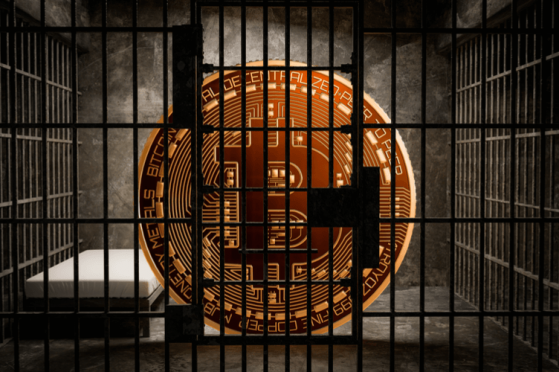Investing.com’s stocks of the week
Vietnam’s largest and oldest exchange ran into trouble with the government after it continued to run its blog without getting permission from the Ministry of Information and Communications.
As a result, Bitcoin.vn’s domain was seized and now leads nowhere. We ran “nslookup” to see if the domain name is pointed at an alternative server and found that it no longer has an IP address, indicating that the domain was removed entirely from its registrar.
We also found no evidence that the domain fails to resolve due to the expiration of its lease.
Bitcoin.vn has been providing exchange services in Bitcoin to customers in Vietnam since 2014 and recently ran into trouble after the country’s central bank banned cryptocurrencies and ordered a penalty of roughly $8,800 for those who do not comply.
In addition to the domain seizure, Bitcoin Vietnam and its founder—Nguyen Tran Bao Phuong—now face a fine of $1,100 for illegally setting up a social network because it allowed users to comment on its blog.
Another $660 was added to that fine because Bitcoin Vietnam operated a blog illegally.
According to an anonymous source from within the exchange, the blog was mostly inactive, releasing announcements amounting to two posts per month. Other sources allege that Bitcoin.vn was specifically targeted, pointing out that the vast majority of Vietnamese startups have blogs that they did not obtain a license for.
If Bitcoin Vietnam was targeted, it may have been because the cryptocurrency market in the country isn’t welcomed by the government. It was a risky endeavor for the company to continue to operate in such a hostile environment.
A recent $660 million pyramid scheme posing as an ICO may have left authorities on edge. Around the time the scam was put to a stop, Prime Minister Nguyen Xuan Phuc urged regulators to “strengthen the management of activities related to cryptocurrencies.”
In addition, we know that the Vietnamese central bank has been trying to hammer Bitcoin.vn since it started in 2014. Phuong, back then, argued that the government should instead work with cryptocurrencies because “formulating a law banning them would be very difficult.”
She meant that even if exchanges could not operate in the country, there are other ways that people could attain them. Forcing the market underground would effectively cement Bitcoin’s reputation locally as a vehicle for money laundering.
Nonetheless, the exchange now no longer operates because of a directive that very few businesses follow.
This article appeared first on Cryptovest
